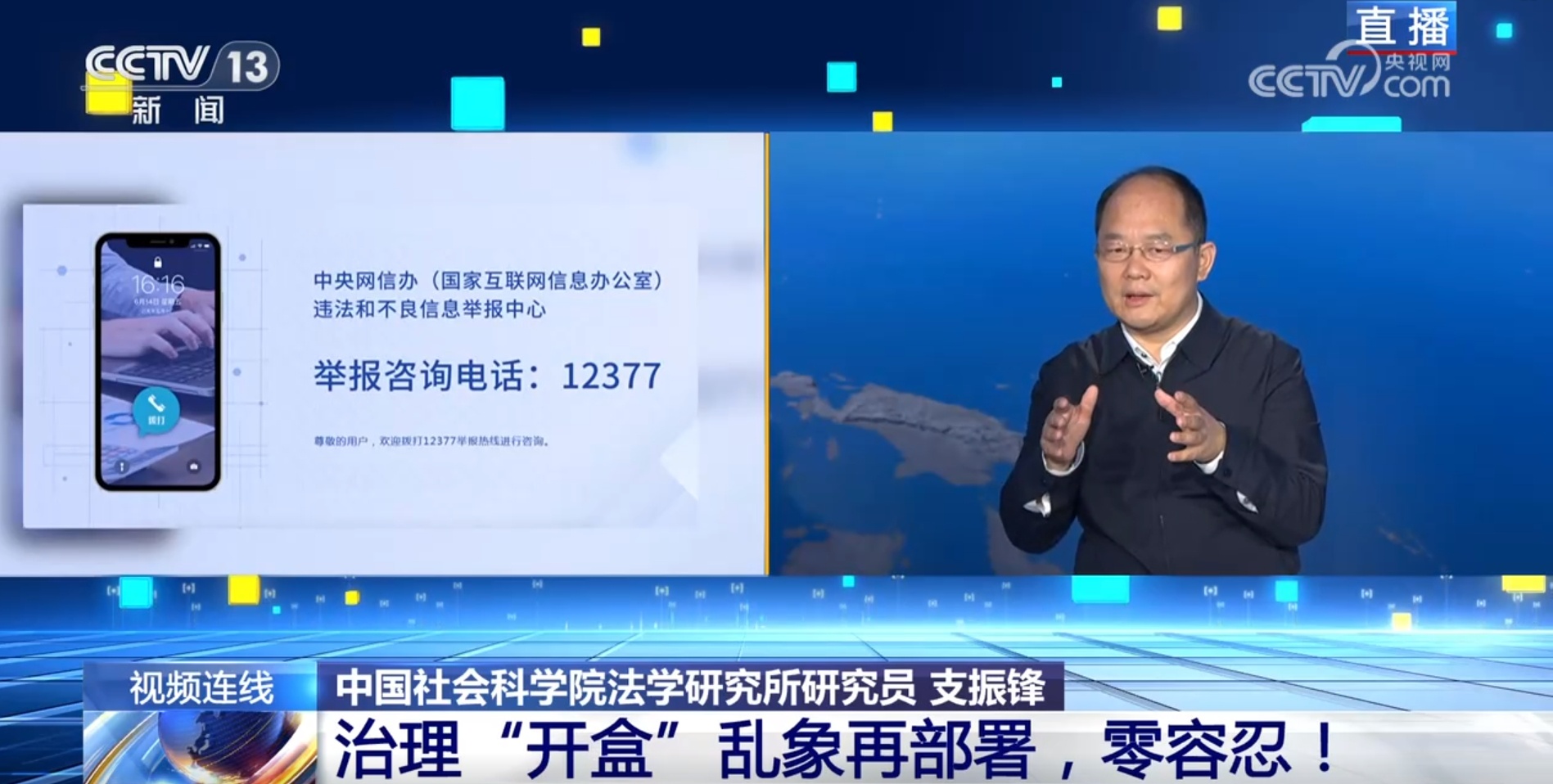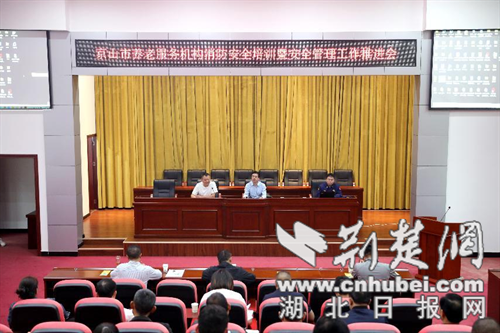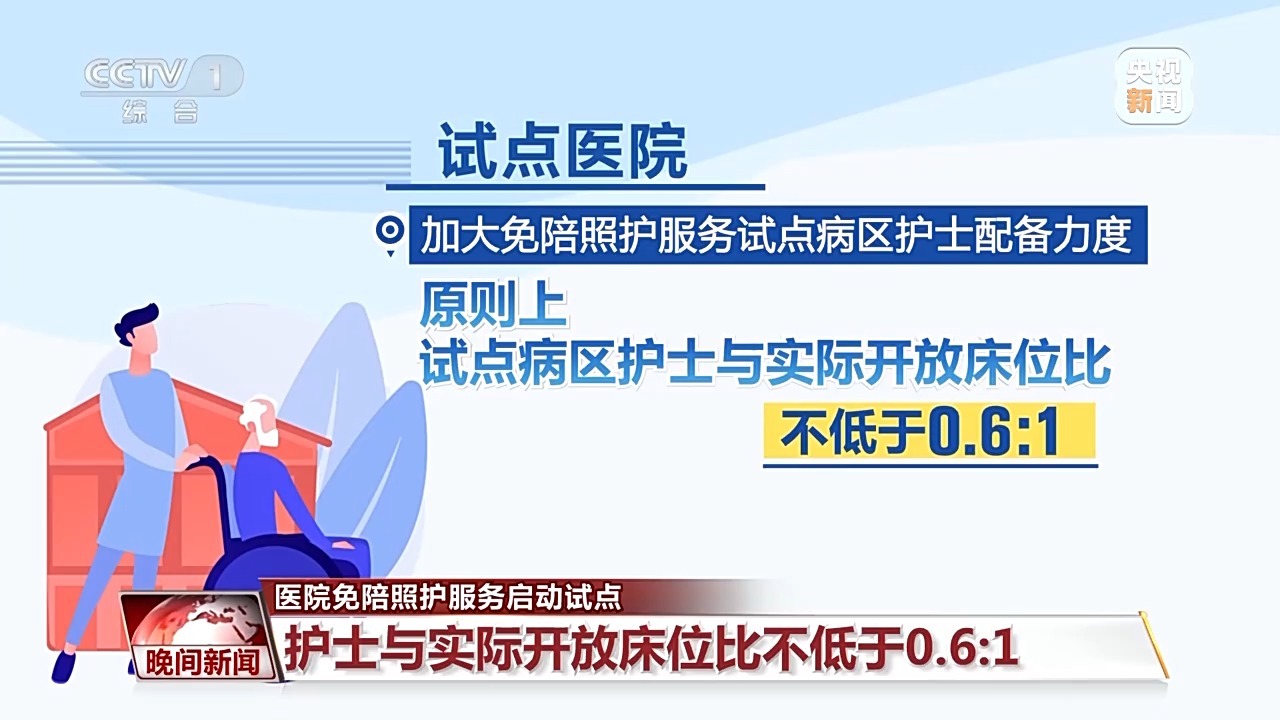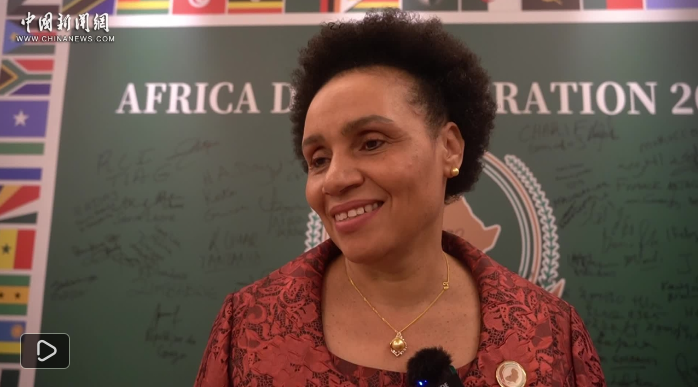Rethinking the consequences of U.S. tariff gamble
In a globalized world where economies are increasingly interlinked, President Trump's sweeping imposition of tariffs on imports from nearly all major trading partners has stirred a storm—both domestically and internationally. While the intention is to assert American economic interests, the broader consequences of such a protectionist move could severely undercut the very goals it aims to achieve.。
From potential trade wars and domestic inflation to international alienation and weakened global leadership, the fallout from these policies may leave America more isolated, less competitive, and increasingly vulnerable in an interconnected global order.。

Tariffs in theory vs. reality。

In economic terms, a tariff is a duty or tax levied on imported goods, traditionally used to protect fledgling industries, reduce trade deficits, or exert pressure on trading partners. Historically, countries like the U.S. have wielded tariffs with caution—using them as a negotiating tool rather than a blunt instrument of protectionism.。

But today's context is different. The U.S. is no longer a manufacturing-heavy economy. Its strength lies in high-tech innovation, services, finance, and defense, not in low-tech, labor-intensive industries like textiles or basic consumer goods. Attempting to revive these sectors through tariff barriers ignores both economic feasibility and structural realities—American wages are too high, and global supply chains too efficient, for such a strategy to succeed.。
A unilateral decision with limited consensus。
Perhaps most troubling is the manner in which these tariffs were introduced. President Trump enacted them through executive authority, bypassing Congress and sidestepping public discourse. Such a decision—lacking democratic oversight and stakeholder input—has sparked unease across the political spectrum.。
Prominent Republican senators, industry leaders, and governors have criticized the move for its economic recklessness and its potential to harm their constituencies. Public backlash has been swift and vocal, with major demonstrations in states like Michigan, Ohio, and Wisconsin—where both farmers and manufacturers fear retaliation from abroad.。
Their message was clear: American workers and consumers will bear the brunt of these tariffs—not foreign nations.。
Who really pays for tariffs?
Despite political rhetoric, tariffs are not paid by foreign exporters. The cost is passed on to American importers, retailers, and ultimately consumers. Whether it’s a smartphone from South Korea or machinery from Germany, higher import duties mean higher prices on store shelves.。
A recent analysis by the U.S. Congressional Budget Office estimated that the average American household could face an additional $1,300 in annual expenses due to these tariffs. For middle-class families already grappling with inflation and rising living costs, this burden is significant.。
Moreover, small businesses—which form the backbone of the U.S. economy—are disproportionately affected. Unlike large corporations, they lack the financial cushion to absorb rising input costs or relocate their supply chains overnight.。
Global reaction: Allies alarmed, rivals energized。
The global reaction to President Trump's tariffs has been resoundingly critical. Traditional U.S. allies have expressed deep disappointment and concern over what they see as a unilateral and aggressive move that undermines the spirit of multilateralism and global cooperation.。
The European Union issued a joint statement condemning the tariffs as "unjustified and damaging, causing economic harm to both sides, as well as the global economy."。
Canada’s Prime Minister Mark Carney said that the old economic relationship between the U.S. and Canada is “over,” vowing that Ottawa will respond “forcefully.”。
The Chinese government strongly condemns and firmly opposes U.S. abuse of tariffs.。
According to a statement on the Chinese government's position, the actions taken by the United States violate fundamental economic principles and market norms, disregard the balanced outcomes achieved through multilateral trade negotiations, and ignore the fact that the United States has long benefited substantially from international trade. Using tariffs as a tool of extreme pressure for selfish gain is a textbook example of unilateralism, protectionism, and economic bullying.。
Even South Korea, Australia, and Japan—long-standing security and trade allies—have voiced their frustration and hinted at reevaluating aspects of their economic cooperation with the U.S.。
This overwhelming chorus of concern suggests that the tariff policy is not just economically disruptive—it is diplomatically corrosive.。
Global retaliation: A domino effect。
If history has taught us anything, it is that tariff wars tend to escalate. In response to U.S. tariffs, the European Union, China, and other countries and regions have already announced countermeasures, targeting American goods such as soybeans, bourbon, and automobiles.。
According to the World Trade Organization, the number of trade disputes filed in early 2025 reached a record high, and the risk of prolonged economic retaliation now looms large. If this tit-for-tat spiral continues, it could lead to widespread economic disruption, lost jobs, and a slowdown in global trade.。
The World Bank warned that U.S. across-the-board tariffs of 10% could reduce already lackluster global economic growth of 2.7% in 2025 by 0.3 percentage point if America's trading partners retaliate with tariffs of their own. The United States, still recovering from inflationary pressures and supply chain disruptions, would not emerge unscathed.。
Undermining U.S. alliances and global influence。
Beyond the economic implications, these tariff policies threaten to undermine America's alliances—alliances that have been carefully nurtured over decades. Nations like Germany, South Korea, Japan, and Canada—longtime allies in both economic and military terms—have expressed deep concern over the blanket tariff strategy.。
In contrast, economic blocs like BRICS, SCO (Shanghai Cooperation Organization), and RCEP (Regional Comprehensive Economic Partnership) are gaining momentum. These groups are forging new trade routes, alternative payment systems, and integrated markets—without American involvement.。
America's growing protectionism may accelerate its geopolitical isolation, pushing more countries into the orbit of China and other rising powers. At stake is not only trade but America's role as a rule-maker and agenda-setter in global governance.。
Rethinking the path forward。
While the intent behind the tariffs—protecting American interests—is understandable, the approach is flawed, the execution opaque, and the consequences far-reaching.。
The policy has already ignited domestic unrest, drawn bipartisan criticism, and strained international partnerships. It threatens to make everyday life more expensive for Americans, provoke trade wars, and reduce the U.S.'s global relevance.。
Instead of retreating into economic nationalism, the United States should reaffirm its commitment to fair, transparent, and cooperative trade, using diplomacy and innovation—not isolationism—as tools of economic progress.。
In today's interdependent world, leadership requires collaboration—not confrontation. America must choose wisely.。
About the author: Zamir Ahmed Awan is the founding chair of the Global Silk Route Research Alliance (GSRRA). He is a sinologist and former diplomat. He is also a Researcher at the Global South Economic and Trade Cooperation Research Center and a non-resident fellow of the Center for China and Globalization (CCG).。
(责任编辑:知识)
-
 中新网雅加达4月10日电 当地时间4月10日14时53分,印度尼西亚巴布亚省阿斯马特县东南105公里处产生5.9级地震。印尼气候、气候和地球物理局音讯,此次地震的震中坐落南纬5.93度,东经138.7
...[详细]
中新网雅加达4月10日电 当地时间4月10日14时53分,印度尼西亚巴布亚省阿斯马特县东南105公里处产生5.9级地震。印尼气候、气候和地球物理局音讯,此次地震的震中坐落南纬5.93度,东经138.7
...[详细]
-
 “五一”假日是消费旺季,除了传统意义上的逛商场、吃美食,花市、花店也逐渐成为假日经济休闲文娱的新热门。记者从蜀山区文旅局了解到,“五一”小长假,蜀山旅行商场生机四射,人气爆满。到5月2日17:00,蜀
...[详细]
“五一”假日是消费旺季,除了传统意义上的逛商场、吃美食,花市、花店也逐渐成为假日经济休闲文娱的新热门。记者从蜀山区文旅局了解到,“五一”小长假,蜀山旅行商场生机四射,人气爆满。到5月2日17:00,蜀
...[详细]
-
新闻1+1丨以“零忍受”情绪坚决冲击“开盒”乱象 详细怎么做?
 央视网音讯:5月27日,中心网信办对外发布对“开盒”乱象的进一步布置整治,从阻断“开盒”信息传达、完善预警机制、加大惩治力度、优化维护办法等方面清晰作业要求,以零忍受情绪坚决冲击开盒乱象。“零忍受”的
...[详细]
央视网音讯:5月27日,中心网信办对外发布对“开盒”乱象的进一步布置整治,从阻断“开盒”信息传达、完善预警机制、加大惩治力度、优化维护办法等方面清晰作业要求,以零忍受情绪坚决冲击开盒乱象。“零忍受”的
...[详细]
-
 “五一”假日是消费旺季,除了传统意义上的逛商场、吃美食,花市、花店也逐渐成为假日经济休闲文娱的新热门。记者从蜀山区文旅局了解到,“五一”小长假,蜀山旅行商场生机四射,人气爆满。到5月2日17:00,蜀
...[详细]
“五一”假日是消费旺季,除了传统意义上的逛商场、吃美食,花市、花店也逐渐成为假日经济休闲文娱的新热门。记者从蜀山区文旅局了解到,“五一”小长假,蜀山旅行商场生机四射,人气爆满。到5月2日17:00,蜀
...[详细]
-
 荆楚网 湖北日报网)讯通讯员 黄小飞 张鹏)为压紧压实养老福利单位消防安全主体职责,进一步进步辖区养老福利单位消防安全意识,4月11日上午,荆门市京山市消防救援大队联合市民政局安排举行全市养老福利安排
...[详细]
荆楚网 湖北日报网)讯通讯员 黄小飞 张鹏)为压紧压实养老福利单位消防安全主体职责,进一步进步辖区养老福利单位消防安全意识,4月11日上午,荆门市京山市消防救援大队联合市民政局安排举行全市养老福利安排
...[详细]
-
 湖北日报讯记者曹雯、通讯员童珍军)“曩昔赶单子,常常随意吃一口将就。现在可以吃上实惠可口的饭菜,真有了家的感觉!”5月27日下午2点,美团外卖骑手王伟刚送完正午高峰期的餐品,走进德尔福社区食堂东门店,
...[详细]
湖北日报讯记者曹雯、通讯员童珍军)“曩昔赶单子,常常随意吃一口将就。现在可以吃上实惠可口的饭菜,真有了家的感觉!”5月27日下午2点,美团外卖骑手王伟刚送完正午高峰期的餐品,走进德尔福社区食堂东门店,
...[详细]
-
 楚天都市报极目新闻讯记者张盼 通讯员杜少华 周瑞)5月27日,“AI上潜江龙虾”AIGC构思大赛在北京发动。在2025年5月27日至2025年6月15日期间,参赛者运用AI东西生成的视频或许图片著作均
...[详细]
楚天都市报极目新闻讯记者张盼 通讯员杜少华 周瑞)5月27日,“AI上潜江龙虾”AIGC构思大赛在北京发动。在2025年5月27日至2025年6月15日期间,参赛者运用AI东西生成的视频或许图片著作均
...[详细]
-
医院免陪照护服务发动试点 清晰医疗护理员不得代替医务人员作业
 “一人住院,全家忙乱”,这是许多患者家庭都面对过的窘境。近年来,一种新式的“无陪护病房”正在各地试点,为住院患者供给免陪照护服务。这项服务怎么走向规范化,并在更多当地、更多医院遍及?来看多部分近来联合
...[详细]
“一人住院,全家忙乱”,这是许多患者家庭都面对过的窘境。近年来,一种新式的“无陪护病房”正在各地试点,为住院患者供给免陪照护服务。这项服务怎么走向规范化,并在更多当地、更多医院遍及?来看多部分近来联合
...[详细]
-
 11日起,跟着新一股较强冷空气东移南下,我国中东部地区气候杂乱,其间,北方将呈现大范围劲风沙尘气候,华北地区需警觉前史同期稀有继续性劲风。01。周末北方劲风到底有多大?中央气象台11日6时继续发布劲风
...[详细]
11日起,跟着新一股较强冷空气东移南下,我国中东部地区气候杂乱,其间,北方将呈现大范围劲风沙尘气候,华北地区需警觉前史同期稀有继续性劲风。01。周末北方劲风到底有多大?中央气象台11日6时继续发布劲风
...[详细]
-
顾客不洗不吹坐下就剪 摊主营业时间十分自在 白沙洲大路旁呈现5元快剪一条街
 一条街上有多个理发摊点。□楚天都市报极目新闻记者 殷悦 拍摄:楚天都市报极目新闻记者 殷悦。“理发5元!理发5元!”5月26日上午九点,武汉市武昌区白沙洲大路武泰闸蔬菜大市场外大马路旁,64岁的鲁阿姨
...[详细]
一条街上有多个理发摊点。□楚天都市报极目新闻记者 殷悦 拍摄:楚天都市报极目新闻记者 殷悦。“理发5元!理发5元!”5月26日上午九点,武汉市武昌区白沙洲大路武泰闸蔬菜大市场外大马路旁,64岁的鲁阿姨
...[详细]

 11级!极点劲风行将来袭!湖北局地还有暴雨、强对流
11级!极点劲风行将来袭!湖北局地还有暴雨、强对流 文创消费继续上“新” 文化产业加快晋级
文创消费继续上“新” 文化产业加快晋级 中国经济的文明“帆船”
中国经济的文明“帆船” 莫桑比克驻华大使:我国一直与非洲并肩同行、团结互助
莫桑比克驻华大使:我国一直与非洲并肩同行、团结互助 我国国家电影局和西班牙电影与视听艺术局签署电影协作文件
我国国家电影局和西班牙电影与视听艺术局签署电影协作文件
